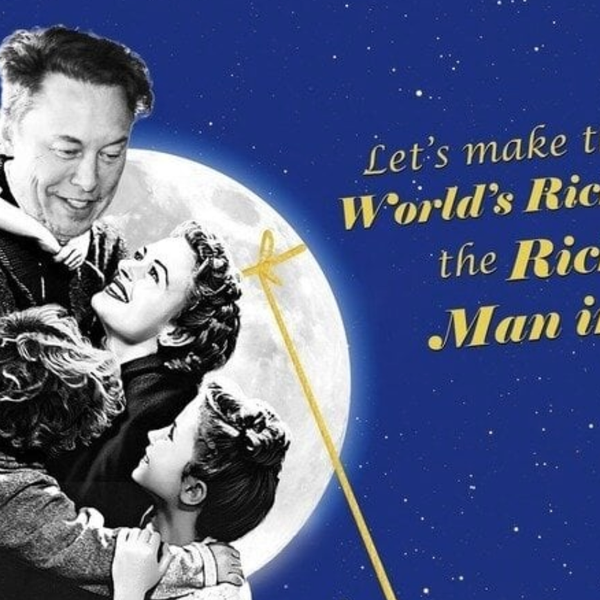As year-end reviews for 2011 start rolling in there is the inevitable attempt to rebrand, reinscribe and reimagine the memory of particular events. As banal and trite as many (most?) of these Year in Review exercises might appear at face value, they have a really important ideological value: to fix the historical place and meaning of specific moments and movements.
Time Magazine jumped the gun by naming 'The Protester' as its Person of the Year and pretty much every news outlet has drawn a straight analytical line from Tunisia through Tahrir Square to Syria to London to Occupy - 2011 as the year of in-the-streets dissatisfaction. And now even Russia has it going on too! It's a tidily logical narrative and a tremendously powerful one: people across the globe inspiring each other to throw off their chains.
But in the rush to find a common thread between uprisings, a semi-consensus is starting to emerge that threatens to blunt and reduce their impact and transformative potential. The story that is being told is a slight twist on the Fukuyamian End of History - that all these protestors are really clamouring for is a more realized liberal democratic inclusivity.
The corporate media has seized on the Occupy resistance to inequality, attempting to rebrand it as a particularly vibrant/virulent form of entitled whining (I want my piece of the pie! I want to own a yacht too! I don't want to pay my student loan! I want mine!) and tied it to Arab Spring calls for democratic governance as really all one and the same thing: some people are getting left out of the party.
By fixating on a particular rendition of 'inequality' it becomes possible to view the whole spectrum of uprisings from London to New York to Cairo as a call for more of the same economic and social order, just with more people able to benefit if the wealth is better distributed: everyone can get ugly rich. This way the fundamental issues of poverty, oppression, violence, privilege and colonialism are blunted and the incredible energy that has been mobilized through 2011 becomes a backhanded reinforcement of the existing neoliberal order: we just need a kinder, gentler capitalism, maybe a few more taxes on the really rich, and perhaps a financial transaction levy while we're at it. It's a narrative that dominant interests can live with.
We need a better story than that.
It is absolutely right to point to inequality. The grotesquery of corporate domination and the concentration of wealth is well documented and visible everywhere. That's a great start but far from adequate. We need a lot more systematic and radical analysis of a social and economic ethic that reifies capital accumulation as our right and duty and makes severe inequality inevitable.
We need to start imagining beyond a predatory economic system that is predicated on land theft and colonial imperatives and start building something beyond the ecological disaster of late-capitalism. If the fight against inequality just means more of the same: a bigger flat screen and three cars in every driveway we're not getting very far. If, on the other hand, we can listen to the amazing energy and vision of people on the street in 2011 maybe we're on the verge of something revolutionary.


